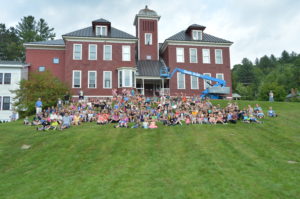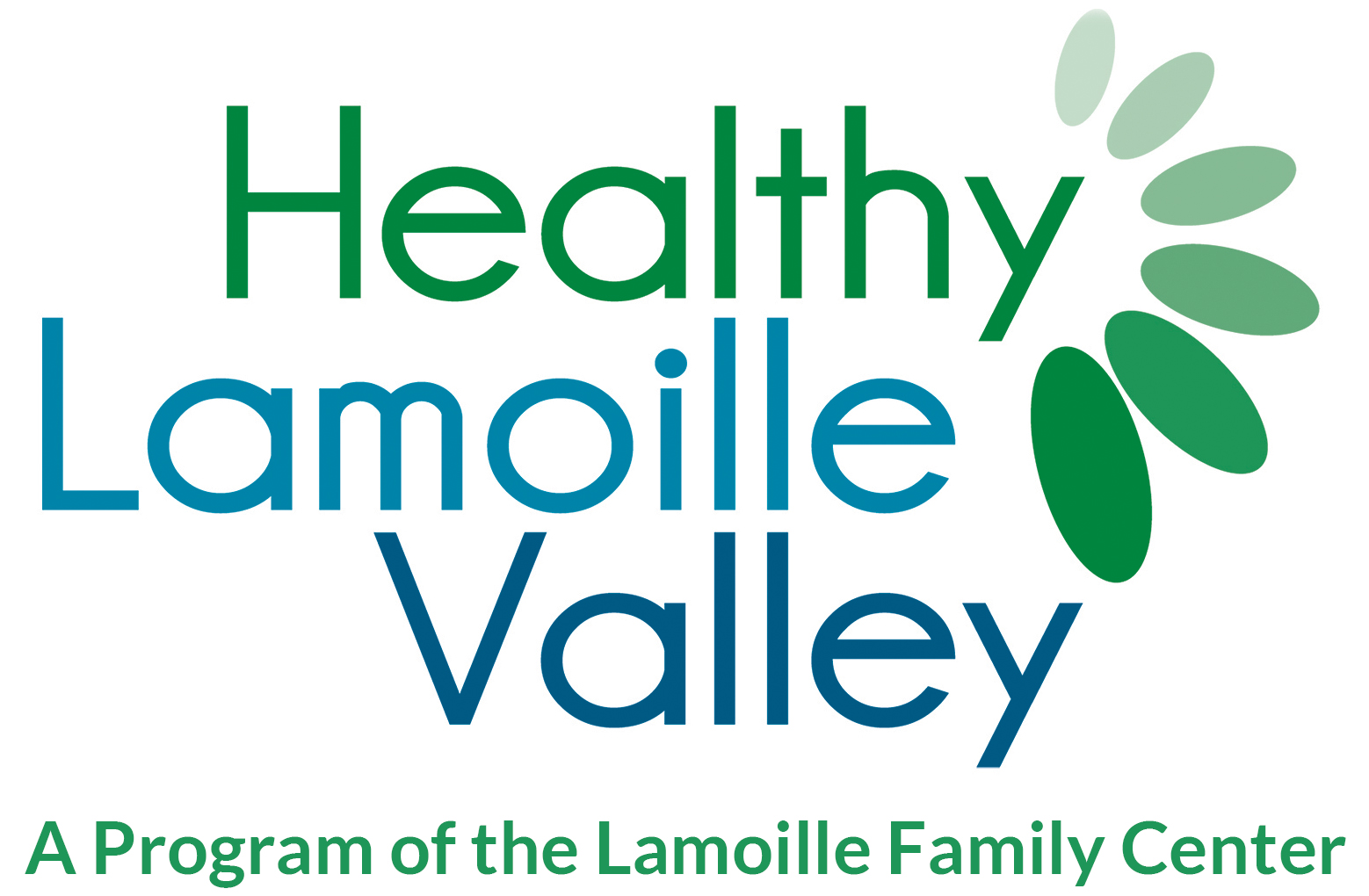 This week I did a “scarey” thing… that wasn’t… I was invited into the 6th grade at Johnson Elementary School to help the students prepare for their transition to middle school. Specifically to help the students build refusal skills to avoid alcohol and drug use. Both classes were engaged and we spent time identifing the things that they love to do/or hope to do in the future and how those things can be a reason why they choose not to use alcohol, marijuana, tobacco, and other drugs.
This week I did a “scarey” thing… that wasn’t… I was invited into the 6th grade at Johnson Elementary School to help the students prepare for their transition to middle school. Specifically to help the students build refusal skills to avoid alcohol and drug use. Both classes were engaged and we spent time identifing the things that they love to do/or hope to do in the future and how those things can be a reason why they choose not to use alcohol, marijuana, tobacco, and other drugs.
Many students see the next level of schooling as a risk, they think that, “Oh, the middle school is scarey… everyone is using drugs and drinking.” When asked what percentage of middle schoolers had drank alcohol, used marijuana, or smoked cigarettes in the last 30 days, many students guessed high… 20%, 25%, 40%, even 60%. In reality 5% of middle schoolers drank alcohol in the last 30 days, 3% used marijuana, and 6% smoked a cigarette in that same timeframe*. This activity shares how we magnify the unknown. Also what we think often informs our reality. When you think that everyone is drinking alcohol it’s a lot harder to walk away. However, when you realize that 19 kids out of 20 in your grade are not using it provides hope and strength to go find those students.
We talked about why adults tell kids not to use drugs; how to identify risky situations; and how to get out of them. This was a positive experience that was not scarey.
As adults we sometimes find the thought of having meaningful conversations with adolescents to be intimidating – even scarey.
How was I able to talk to two classrooms full of 6th graders without this feeling? Simply put, I knew them. Over the last 6 years, I’ve volunteered in their classrooms teaching Four Winds, coached soccer (before their skills outgrew mine), and talked to them when I saw them around town. It took many moments to build relationships.
When we take the steps and time to get to know the children and teens in our lives, we can have important discussions. Is it difficult sometimes? Yes, most definitely. But, our kids need caring adults in their lives that listen to them and then engage in meaningful conversations. Find out what kids like to do and get them talking about it. Tell a short story of your youth, being careful not to portray your situation as the same as theirs. The next time you see them, ask how their game went, or how their project is coming along? Let one short conversation build on another. Building relationship with youth doesn’t have be one long conversation (in fact it’s probably better if it’s not), but instead it’s made up of many short moments that show you care and are interested in learning about them.
When you talk to adults that have overcome a lot of adversity in their lives, you often find that there was that one person who made a difference. That difference was often made through many simple acts of kindness. Will you step beyond the “scarey” and work to build the foundations of strong relationships for the youth in our communities?
Looking for more resources and tips on how to build relationships with the youth in your life? Visit http://parentupvt.org today!
* 2015 Youth Risk Behavior Suvey data for middle school students at LNSU. To view your latest YRBS data report by state, county or district visit: http://www.healthvermont.gov/health-statistics-vital-records/population-health-surveys-data/youth-risk-behavior-survey-yrbs.
